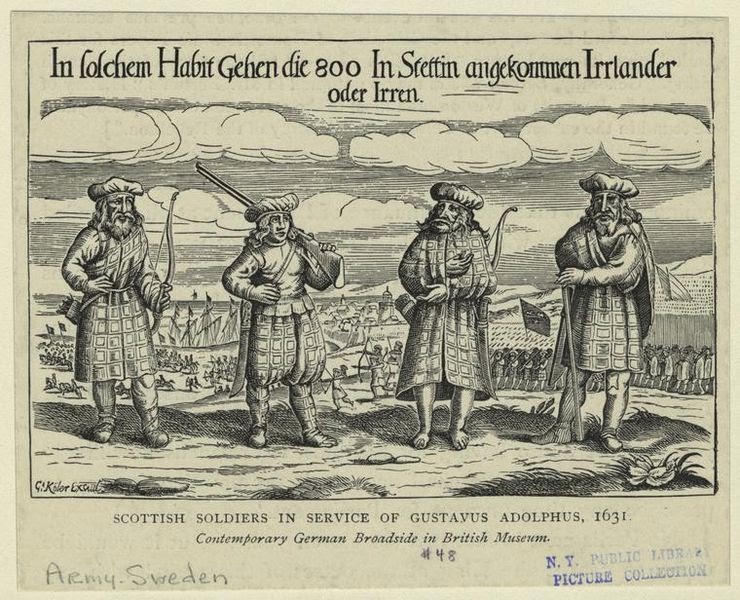The Scandinavian Journal of History
presents four articles of interest to the military historian.
Sari
Nauman studies the use of oaths of allegiance. Nauman states that in the Early Modern period of warfare,
territories were won and lost, treaties made and broken. Having the people of a captured territory
swear allegiance to the conquering king helped alleviate some of the problems
associated with these back and forth circumstances. Nauman focuses on Sweden and its rival Denmark-Norway and looks
out how these oaths worked during wars and what effect they had after a war was
concluded.
1862-1915 by Jozef Brandt - The March of Swedes for Kiejdany
(during the 17th century Polish-Swedish War)
Hugo
Nordland studies the Covenant of Anjala of 1788-1790 which tried to distinguish citizen duties from military duties. The document tried to restrict what a person serving in the military
could do but some military personnel saw this as restrictive of their duties as
citizens of the country they were serving.
Nordland analyzes how persons navigated this dilemma and the effects
such decisions had on their political activities.
Erik
Petersson writes on the development of the veterans’ home in Sweden. In 1620, Swedish King Gustavus Adolphus
reorganized his army so that the majority of his soldiers were conscripted
peasants rather than mercenaries. Most European armies at the time were made up of mercenaries so Adolphus was
developing a new type of military system.
As such, in 1622 the King started a fund for wounded soldiers and by
1640 had opened a home where his wounded soldiers could be taken care of. Adolphus felt more
responsible for his veteran’s than other kings since his army was made up of
his subjects. Wounded soldiers were thus a category of
poor that 17th century Sweden decided to care for.
1893-1895 - Scottish soldiers in service of Gustavus Adolphus, c.1631
Anna
Maria Forssberg writes on the politics of Swedish warfare in the 17th
century. Forssberg writes that Swedish
kings in the 16th and 17th centuries raised taxes and
conscription demands more and more, arguing that these were necessary for the
people to protect themselves. However,
Swedish warfare became more offensive in nature which reduced
civilian support for these measures.
Forssberg focuses on Charles X Gustav and analyzes the negotiations that
occurred between Swedish kings and their subjects concerning these demands,
arguments made and the political effects of these discussions.
about 1655 - Triumph of Charles X Gustavus over the Polish-Lithuanian Commonwealth
(allegorical showing Mars and Minerva alongside the king)



No comments:
Post a Comment